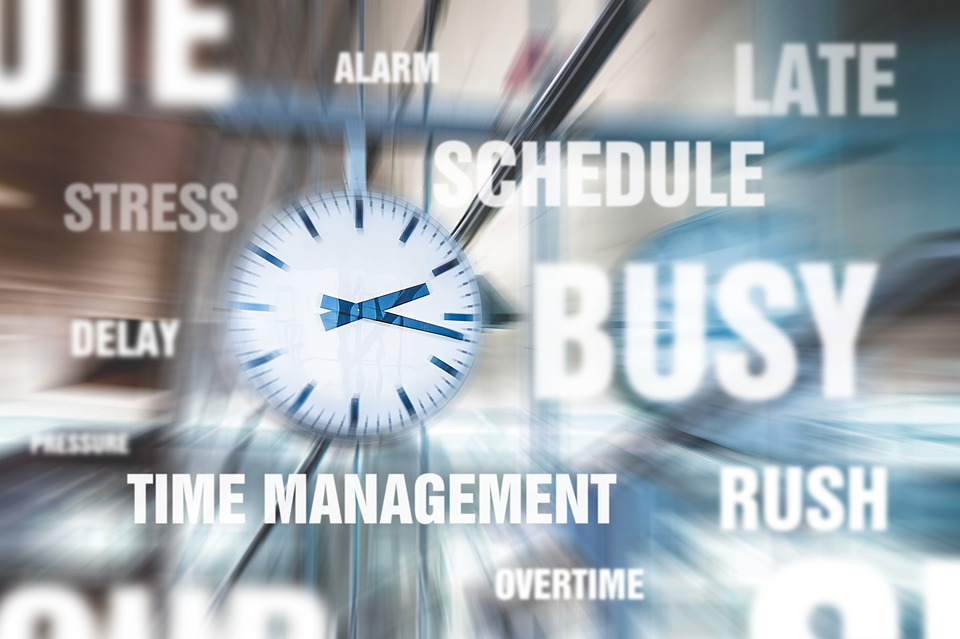If Covid has taught us anything, it’s maybe we don’t need to be so busy like before. Before the pandemic, there were always too many things to do, too many clients to see, and never enough time in the day. Finding work-life harmony seemed to be a constant struggle.
Once lockdown happened, time slowed down, and routines changed. Suddenly large chunks of the day were no longer taken up by commuting or nonessential meetings. With the shutdown came a sense of flexibility that was not there before.
As time passes, many people find they enjoy the slower pace and don’t want it to change. Whether you are still remote or back in the office, professional working life as we know it has been permanently altered; embrace this change and slow down.
The newfound slow pace may not always be easy to maintain, but continuing to do so will lead to a greater appreciation for life and a greater level of happiness.
What does it mean to slow down
To slow down means to change your pace. The first area in your life that may need a change is your schedule. Does your current schedule meet your needs, or is it leaving you frazzled and frustrated? Are you making time to enjoy the little things, like savoring your cup of coffee in the morning or disconnecting from your devices for a couple of hours? Or do you have back-to-back meetings for the next week?
Slowing down can also mean slowing down your work process and practicing “single-tasking”—focusing on one task rather than switching between unrelated tasks. Instead of talking to a client on the phone while reading a finance report, take the time to complete one task before beginning another.
There are many ways to slow down; you just have to find the right methods for you. Listed are three simple and effective ways to maintain your newly established slow pace.
Schedule ‘do-nothing’ time
Having flexibility in your schedule allows you to shape your life in a way that works for you. Instead of having meetings every day, you can block out a day or an afternoon for deep work with no interruptions. Or, you can schedule a time to do nothing.
As busy accountants, we need to take the time to do nothing. It allows your mind to relax and unwind. It also enables you to tune into and concentrate on your thoughts and feelings, lessening feelings of daily stress and anxiety.
Fill your time with new experiences and break up old routines
Nothing makes the weeks and months go by faster than doing the same thing every day. Changes in daily routines provide you with anchors to retrieve from your memory; without them, life becomes one timeless sequence of events.
The key to slowing downtime is to fill your day with new experiences to form different memory anchors. You can do things like learning a new skill, embracing new ventures, or traveling to a place you’ve never been. Simply do something different.
Disconnect to connect
Always being connected has its downfalls. The constant emails, text notifications, and internet temptations easily disrupt your focus and concentration. Always “being on” affects many things in life, including stress levels, workload, and relationships.
We are so plugged in, so how can we essentially—pull the plug? You can do things like turn off your phone and put it out of sight when meeting with someone else or close your web browser, emails, and notifications so you can’t check social media or other distracting websites while focusing on a task. Basically, set up temporary electronic walls.
Covid taught us the importance of slowing down and appreciating the little things; let’s hope it’s here to stay.
Thanks for reading CPA Practice Advisor!
Subscribe Already registered? Log In
Need more information? Read the FAQs





